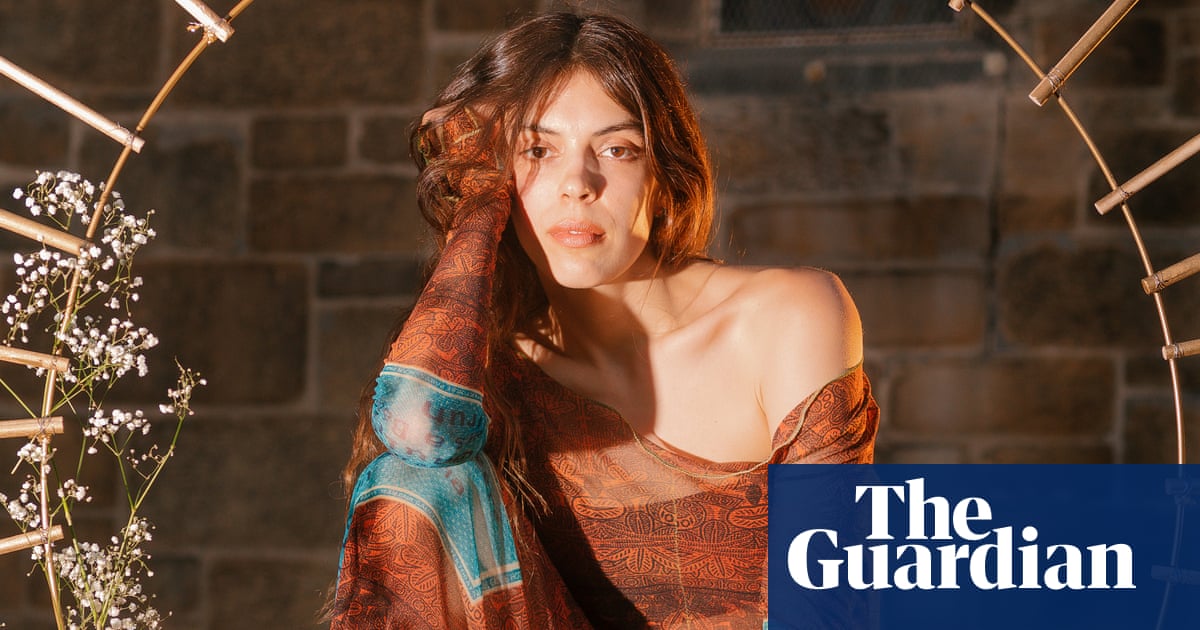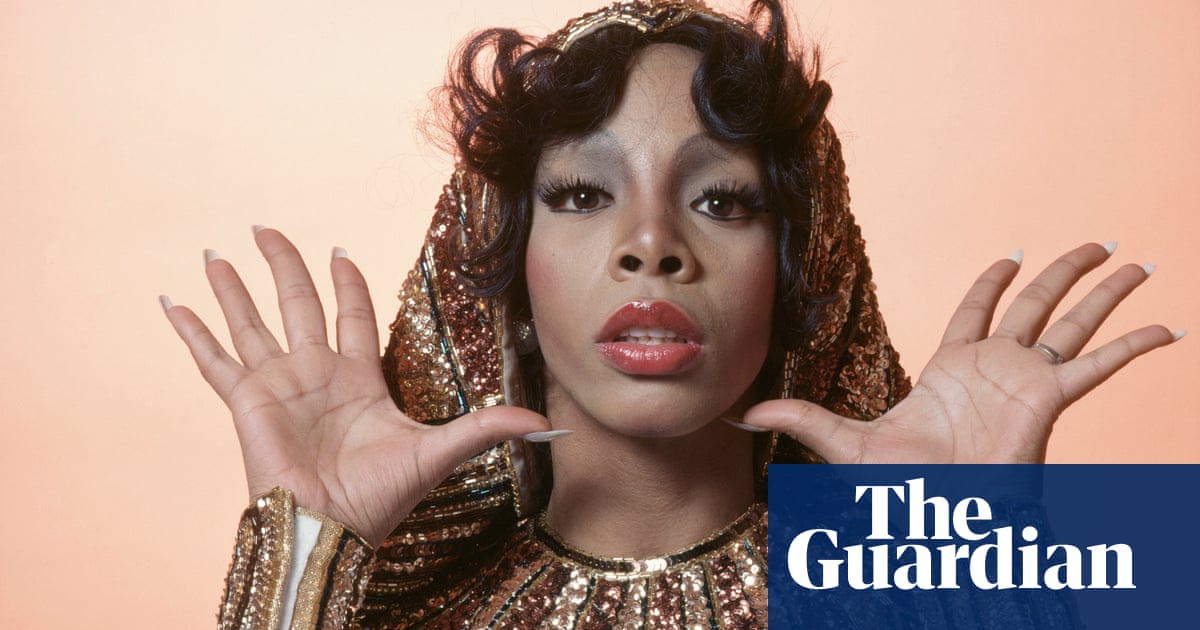
In western culture, the myth of twinship – actual twin-ship – as the ideal human relationship takes its most famous form in the story of Castor and Pollux. The two were said to have resulted from their mother sleeping with Tyndareus, the king of Sparta, and Zeus, the ruler of Olympus, one after the other, resulting in one ordinary human baby and one touched by divinity, delivered at the same time. As the story goes, Castor and Pollux grew up to be the best of friends and spent all their time with each other, wearing their matching pointed felt caps, said to represent the vestiges of the two eggs from which they’d hatched.
They were excellent horsemen and also loved hunting, sailing, boxing and merrily picking fights with their rivals. Eventually, though, the fun ran out when Castor was mortally wounded in a brawl. As Castor lay dying, Zeus informed semi-divine Pollux that he could give half his immortality to his brother, which would mean sharing half of Castor’s death. The details of the offer are fuzzy: in some tellings, the twins would live on alternate days forever; in others they’d winter together with Hades and summer on Olympus.
According to the ancient Greek poet Pindar, Pollux “didn’t give it a second thought”. In a choice between immortality and Castor, he went with Castor – of course. He likely felt about it the way Cathy felt about Heathcliff when she said: “If all else perished, and he remained, I should still continue to be; and if all else remained, and he were annihilated, the universe would turn to a mighty stranger: I should not seem a part of it.” Deathless though he was, Pollux couldn’t live without his twin.
When I talk about my relationship with Julia, I find myself speaking in phrases sapped of force by centuries of overuse by singleton romantics. What does it feel like? People want to know. It feels like she’s always there for me, I say. I can never get enough of her company. We have more fun together than we have with anyone else. We understand each other better than everyone. We can tell each other everything. We trust each other completely. We’d do anything for each other. I make myself sick. But now and then the violent truth underlying these clichés surfaces, giant and graceless, like a whale.
I was speaking about Julia a few years ago to a minor acquaintance at a bar when I heard myself say casually, one sip into a martini, “If I betrayed her, I couldn’t live.” I blinked and returned to my drink, self-startled. It wasn’t a thought I’d explicitly entertained before, let alone articulated to a semi-stranger. Like Pollux, I recognized it instantly as the basic fact of my life.
Signing up for both visions at once is awkward because each has exclusivity built in. We don’t think of triplets, quads, quins, or sextuplets as enjoying the ideal human bond because their relationships raise the possibility of divided loyalties, conflict and secession.
Likewise, our mainstream vision of romance doesn’t countenance polyamory, or even serious serial monogamy. There’s only one person out there in the universe to twin your heart to, the traditional story goes, though ideally it’ll take a series of thrilling dalliances with hot pretenders for you to find them.
Society’s standard solution for this conflict is chronological. People love to see young twins acting like mini Castors and Polluxes. When Julia and I were released a few feet from each other on our first walk in a public park, we brought a neighboring man to tears by instantly tottering back toward each other, our four arms outstretched. But we’re encouraged to see young twinships much as we’re encouraged to see intense child and teen friendships: as practice for the real thing, which is a grownup, romantic relationship between unrelated adults. When the time comes, the idea goes, twins will and should shove aside their sweet little bond, so that the serious business of marriage and parenthood can take center stage.
That’s a nice, tidy fix and no doubt many twins pull it off. Good for them. My own experience – one shared, I take it, by many other twins – is off script. My husband was never serious competition for Julia and none of her romantic partners were ever serious competition for me. Who is this guy? I remember wondering, while attempting small talk with Julia’s first boyfriend, a tall, baby-faced Italian she met at 17. Why is he here? I didn’t know what to do with him, what his function was, where he was supposed to go. Julia reported confidentially that her beau harbored some kind of amorphous hostility toward me, and in the absence of her diverting presence, I occasionally saw a spark of it flash out of his otherwise syrupy brown eyes. What, was he jealous of me?
I marveled. “LOL,” I would have exclaimed, had it not been the pre-texting 90s. He reminded me of that mouse in The Chronicles of Narnia trying to attack a giant with its toothpick-size cutlass. We got rid of that one in due course and proceeded as before. Things became more complicated with Julia’s second boyfriend because I’d inched forward in my attitudes to young men by then and had a crush on him myself. Julia and I narrowed in on him simultaneously, when introduced to him by mutual friends. It was clear one of us was going to get him, but not clear, for a few weeks, which. I vividly recall the encroaching sense of doom of that hot and heady month. Julia and I would position ourselves opposite our prey in friends’ houses, in bars and cafés, on lawns and at picnic tables and flirt with him in tandem.
I tried my hardest, but Julia’s talents were vastly superior. She’d had more experience, and her personality allowed for a brashness and social persistence that mine couldn’t match. We were like twin Love-a-Lot Bears busting Care Bear Stares from our respective bodies, but hers was a giant resplendent rainbow arcing directly into our crush’s heart, while mine fizzled out unnoticed half an inch from its point of exit. As the days progressed, I felt the energy coalesce around the two of them and resigned myself to my fate, which included loaning my leather jacket to Julia for their first date.
It soon became clear that the right choice had been made, and my own crush vanished. The three of us spent a happy two years going on road trips together, attending concerts and parties, cooking experimental dinners and working complex in-jokes to death. I felt as if I’d gained, if not a triplet, at least a brother. Eventually Julia came to see the situation that way, too, and the romantic phase of the relationship wrapped up.
Julia’s husband was next-level, but even he caused me little concern, maybe because he reminded me of mine. Both husbands had graduate philosophy degrees, worked as corporate consultants, and were enthused by wine, science and Bach. They were older, taller and more professional than Julia and me: we were grad students when we met them, a few years apart, and we looked and acted as if we were barely out of our teens.
The husbands took us on fancy trips, prepared elaborate meals for us and were extremely quick and well read. They seemed different from us in many ways, but they matched each other in many others, the way Julia and I did. Marrying them didn’t alter Julia’s and my relationship at all. In some ways it was like engaging in interesting joint parallel projects, the kind that allowed us to usefully compare notes. We didn’t particularly bond with each other’s husband and our bonds with our own turned out to be fragile.
Shortly after our twin divorces, which happened a few years apart, we decided to refer to ourselves as Calamity and Catastrophe –and then we laughed, as if in some obscure way we’d won. The thought of our victory was funny because we knew almost no one would agree with us and the joke gained its edge from our having entered dangerous territory. We were like romantic outlaws – us against the world! – except that it was romance itself whose bounds we’d stepped outside of. Twins who make that illicit move tend to find the admiration and envy singletons lavish on them twist into something new.
Ayear or so after her divorce Julia came over to Boston for a summer vacation. On the second day of the trip, we were sitting on my couch, with our twin cups of tea lined up on the coffee table, settling in, I thought, for a relaxing chat. But when I looked over at Julia, she seemed on edge.
I was surprised: she seemed to have been happy recently, enjoying time with her toddler, embarking on new research projects, and expanding her social scene. I’d just asked, in fact, about a new friend she’d made through her daughter’s nursery school. The friend seemed cooler than the standard crop of people Julia had been running into since moving to Luxembourg a few years ago: rich couples with conservative leanings and oppressive furniture. This new one was part Italian, with cropped dark hair; she’d worked in the film industry and zipped around town on a Vespa. She was a strapped-for-cash divorcée with a teenage lesbian daughter, frenetic hand gestures, and a crazy laugh.
“I really like her,” Julia was saying.
“That’s great!” I replied. “Finally you can have a proper friend over there!”
“Yeah, I guess so,” Julia said.
“What?” I asked.
“I feel stressed about it,” she said. “Like I’m not sure how she feels about me and I just … I feel stressed about it.”
I shifted gears, backed up and asked some tentative questions, but got nowhere. Julia couldn’t seem to articulate even to herself what was distressing her, so we moved on to other things. I forgot about it, till Julia phoned me in the middle of the day a month after her return to Luxembourg. She’d realized, she announced, she was in love with the Vespa rider.
“Oh!” I exclaimed. “Okay! Wow!” I was very surprised and also trying very hard not to sound surprised, since this was – what? This was a coming out situation? Julia was coming out to me? Oh my God! What?! Julia was in love with a freaking woman! At that time my three closest friends were lesbian or bisexual, along with maybe half of the rest of the people I hung out with. I worked at a women’s college that’s a queer magnet and I split my time between Cambridge, Massachusetts, and San Francisco, California, two of the most LGBTQ+-friendly parts of the country. So many queer or queer-adjacent people were around, I’d started to feel like the straight one out. Given all this, I was pretty sure I didn’t have an ounce of homophobia in my body.
But implicit prejudice is a thing and I didn’t want any nasty drop of it to come out over the line as my favorite person did this vulnerable thing. Thankfully I was running late for a haircut, so I was able to cut off the call pretty swiftly and try to recalibrate solo. “My twin just came out to me!” I announced to my stylist, Derek, as he attached the cape around my neck with a flourish.
Derek was not as interested in this news as I’d hoped. Maybe he was bored of coming-out stories or worried, like me, that I was a closet gayphobe. I settled back into the chair and tried to avoid eye contact with both Derek and myself. But the mirror beckoned. Julia is gay! my eyes blasted. What can I say, it felt like kind of a big deal.
Julia has tended to embark on both minor and major life changes in advance of me. She worked out how to blow bubble gum first, she beat me in putting her head underwater in the swimming pool, she got her driver’s license a year ahead of me and she reached all four bases before I’d even arrived on the sexual playing field. “Maybe you’re next!” she joked over the phone a week or so after her revelation.
“Haha!” I said.
It seemed exceedingly unlikely and I spent barely a second thinking about it. Two summers later, I fell in love with a woman myself.
Excerpted from How to Be Multiple: The Philosophy of Twins by Helena de Bres. Used with the permission of the publisher, Bloomsbury. Copyright © 2023 by Helena de Bres.












